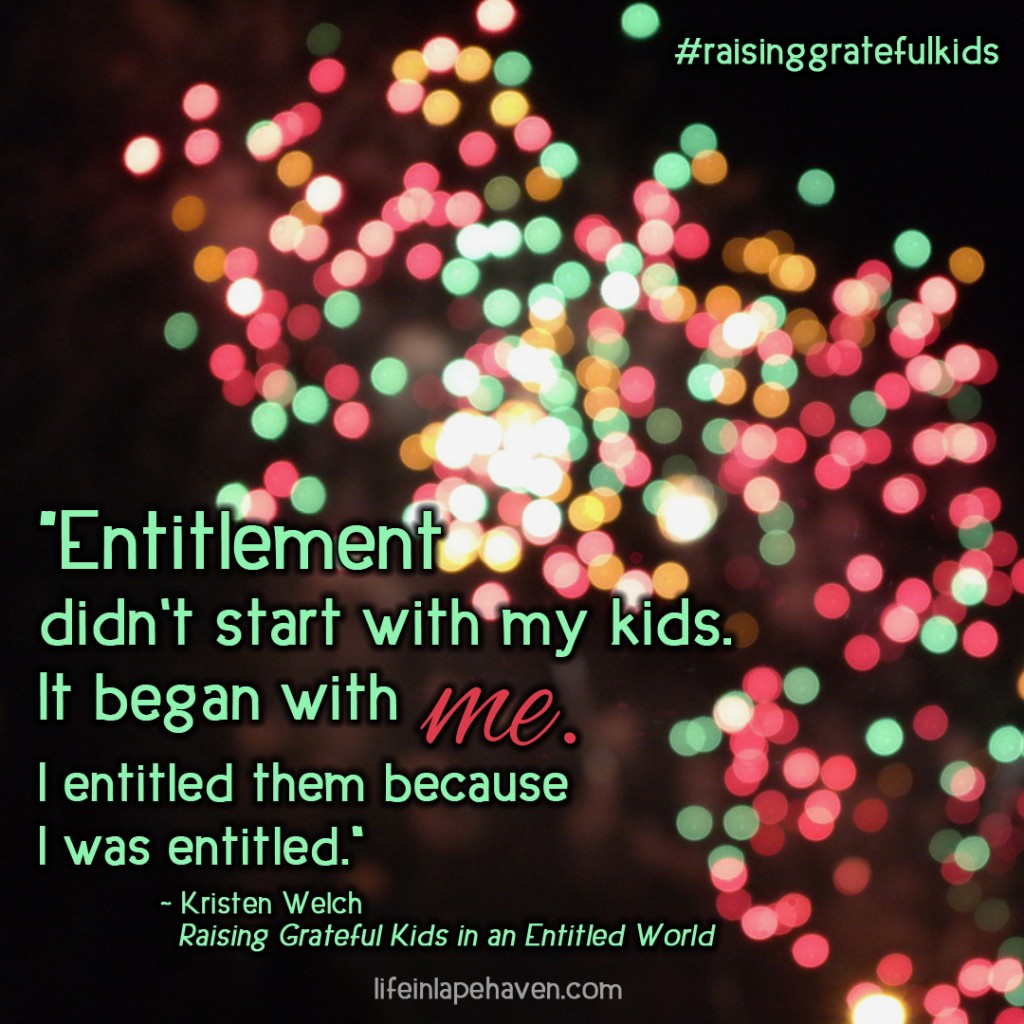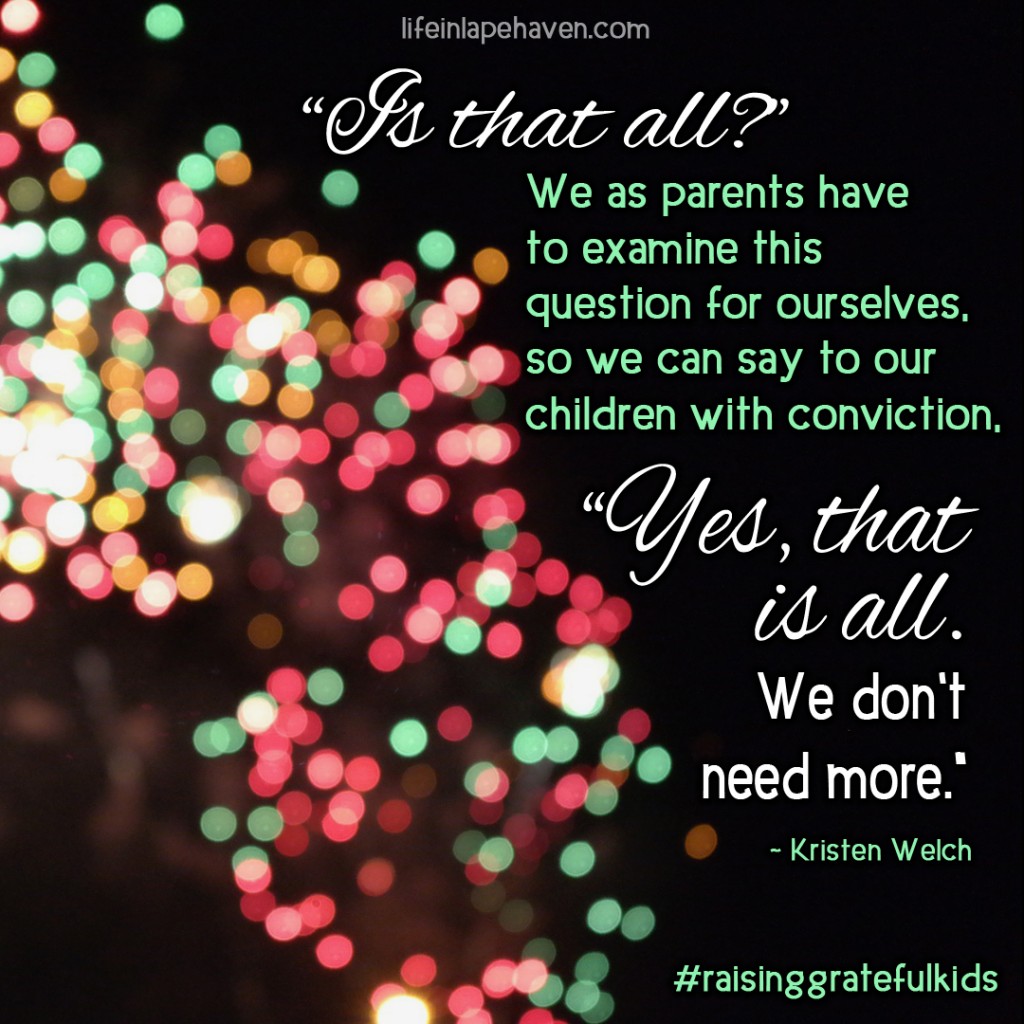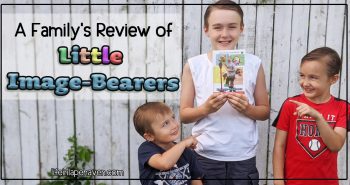This year, Brad and I really felt strongly that we needed to set some guidelines for our family’s Christmas and limit the number of presents we give our children and each other. While limiting our list will help us stay within a better budget for the holidays, the main motivation behind scaling back is that we don’t want our children to think that Christmas is all about presents and/or all about them.
We’ve never gone crazy with the gift buying, and we generally request non-toy items for our boys (clothes, books, art & craft supplies), and yet we still have a home with more than enough toys, trinkets, and random stuff. The boys’ rooms are overflowing with under-used and under-appreciated toys, and the boys themselves get easily overwhelmed when it’s time to clean up the disasters they create just by digging through the toy box.
We have slowly begun a process of weeding out the items they no longer play with or don’t need in an effort to eliminate clutter and excess. We have made some progress… just in time to look square in the eyes of the biggest gift-giving day of the year.
When other parents have talked to us about Christmas plans, we have received mixed reactions to our “minimalist” Christmas ideas. I know we aren’t the only parents who limit the number of gifts. In fact, I’ve seen the idea on Pinterest several times over the past few years (“Something they want, something they need, something to wear, & something to read”), and I know other families following the same or similar guidelines.
But sadly, in the culture we live in, NOT striving for a “get as much as you can” Christmas is baffling to many people, even Christians.
That’s why I was so excited to be selected to be on the launch team for Kristen Welch’s newest book, Raising Grateful Kids in an Entitled World. Just having read a summary of the book and from following her blog, We are THAT Family, I knew that here was someone who would back us up in our fight to keep Christmas (and life) focused on Jesus and others.
Before I was even through the introduction, I was encouraged and more determined than ever to stick with our simplified Christmas plan.
In her book, Kristen shares her experiences and advice in parenting upstream against a culture of entitlement, not giving our kids everything they want, and making sure they understand the true difference between “want” and “need,” so that we can raise children who are hardworking, content, and grateful.
Having been raised by parents who often reminded me that they were “not here to make you happy, but to grow you up,” I had a good foundation laid to help me raise my boys to be appreciative, but even with that, the farther I’ve read into her book, the more I see areas where entitlement has sneaked into our home.
Or maybe we’ve left the door cracked open, as Kristen is quick to point out with this nice heart-checking challenge,
“Entitlement didn’t start with my kids. It began with me. I entitled them because I was entitled.”
Hmmm. And ouch.
So, Brad and I are having a fun time of examining ourselves and re-evaluating how we reflect gratitude in our own lives. (Oh, yes, hubby is getting this message right along with me, as I share ideas and stories from Kristen’s book.) Are we complaining about what we don’t have, or are we content and thankful for all our blessings? Shining a light on the issue is revealing some behaviors and attitudes in us that are kind of surprising and challenging. Recognizing it for what it is, though, allows us to deal with it and change.
Our kids learn from us, our attitudes, and what we allow. Something I’ve told my husband from Elijah’s very first Christmas is that our children will expect whatever we teach them to expect. If we make Christmas all about presents, they’ll expect it to be all about presents.
It’s up to us as the parents to set the limits.
In Raising Grateful Kids in an Entitled World, Kristen reminds us,
“Kids will be kids, and if we give them too much, too soon, they will likely take it.”
This works in every area of their lives. If we allow our children to rule the roost because we don’t want to make them unhappy with discipline or telling them “no,” then that is exactly what they will expect. While they truly crave boundaries and discipline to feel loved and secure, few children are going to ask you outright to set those rules or inforce them.
Most will just keep taking and want more.
Another quote that I love from Kristen takes on this demand of entitlement for more:
“’This is all I get. There’s nothing else?’
From ice cream serving sizes to allowances, the opportunity to demand more is present.
‘Is that all?’…We as parents have to examine the question for ourselves, so we can say to our children with conviction, ‘Yes, that is all. We don’t need more.’”
This Christmas we are setting limits because we know that we don’t need more, and so far, our children are fine with it. They are still young so the expectations for an extravagant Christmas haven’t cemented in them yet.
That’s another reason for us to start NOW with keeping our guard up against entitlement. While it isn’t impossible to teach and direct them when they are a little older, it’s much easier to begin on the right foot from the get-go.
And if the world thinks that we’re strange, so be it.
Kristen’s words from the introduction are an encouraging reminder to stay the course:
“It’s in our human makeup to want to fit in, to not stick out or be different, to blend in. The problem is, we are called to exactly that – to go against the flow.”
For Christmas this means celebrating Jesus more, giving to others in need more, and realizing that for us, less really is more.
UPDATE: How did our four-gift Christmas go? Here’s our experience.
If you’d like to read the first chapter of Kristen’s book, you can find it here on the Tyndale House site.







[…] few weeks ago, I wrote about our family’s plan to have a more scaled back Christmas, which meant limiting our gift-giving to a simple four gift […]
[…] a 30-second commercial on even the generally family-friendly stations. (Come November 1, it’ll be Christmas commercials for every toy known to mankind, which is almost as […]
[…] Why We Don’t Need More This Christmas […]
[…] Growing up, our families didn’t focus much on Santa Claus at Christmas time, even though we didn’t completely shun the idea. Now that we are parents, Brad and I don’t want our children to be overly obsessed with the story of a jolly elf bringing them lots of toys either. We’ve not encouraged our boys to make Christmas lists or write letters, mainly because we don’t want them to think that that is the main point of Christmas. In fact, when Elijah was little, it wasn’t until random people (at the store or church) started asking him what he wanted from Santa that he even thought to ask for specific things at Christmas. […]
[…] Why We Don’t Need MORE This Christmas […]
[…] Why We Don’t Need More This Christmas […]